Publications
Articles, publications, books, tools and multimedia features from the U.S. Institute of Peace provide the latest news, analysis, research findings, practitioner guides and reports, all related to the conflict zones and issues that are at the center of the Institute’s work to prevent and reduce violent conflict.
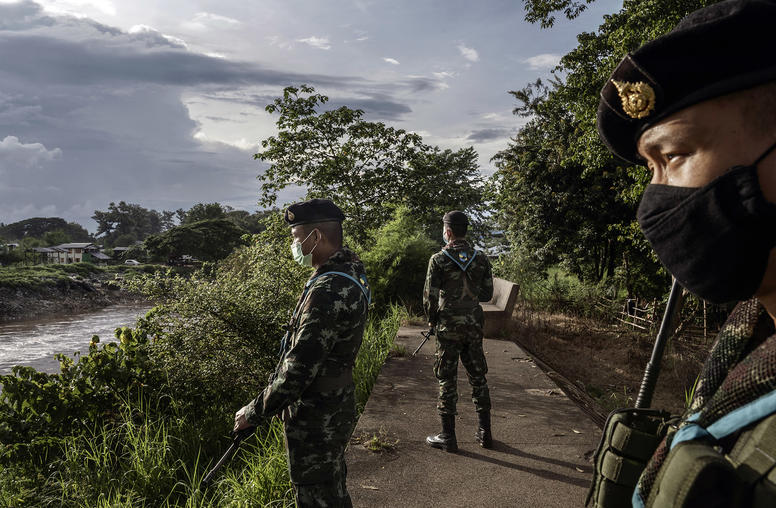
Three Priorities for U.S.-Thailand Cooperation in Myanmar
Secretary of State Antony Blinken was forced to cut short his first trip to Southeast Asia this week, scrapping plans to meet with Thai officials due to COVID-19 concerns. That talks with Thailand, specifically, were put on hold is an unfortunate development. Because while Blinken’s agenda for the trip was wide-ranging, the crisis in Myanmar was at the top of his list. And with a nearly 1500-mile border and close ties with Myanmar’s military junta, Thailand has the greatest stake in Myanmar’s future among ASEAN countries. As the world discusses a strategy for addressing the crisis in Myanmar, Thailand’s potential influence — especially with respect to humanitarian access — could prove consequential.
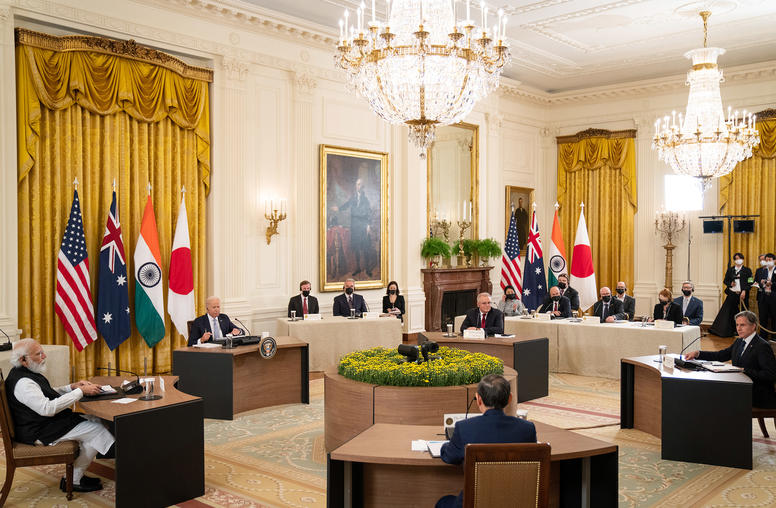
What the Quad Leaders’ Summit Means for the Indo-Pacific Amid Rising Tensions with China
On September 24, President Biden hosted Australian Prime Minister Scott Morrison, Indian Prime Minister Narendra Modi and Japanese Prime Minister Yoshihide Suga at the White House for the first-ever in-person Quad Leaders’ Summit. The event marked a milestone for the group, which started as an ad hoc coordination mechanism for humanitarian assistance and disaster relief after the 2004 Indian Ocean tsunami. The four leaders unveiled a slate of new initiatives on a range of pressing global issues — from climate change and COVID-19 to technology, infrastructure and education — as well as formalized plans to meet annually.
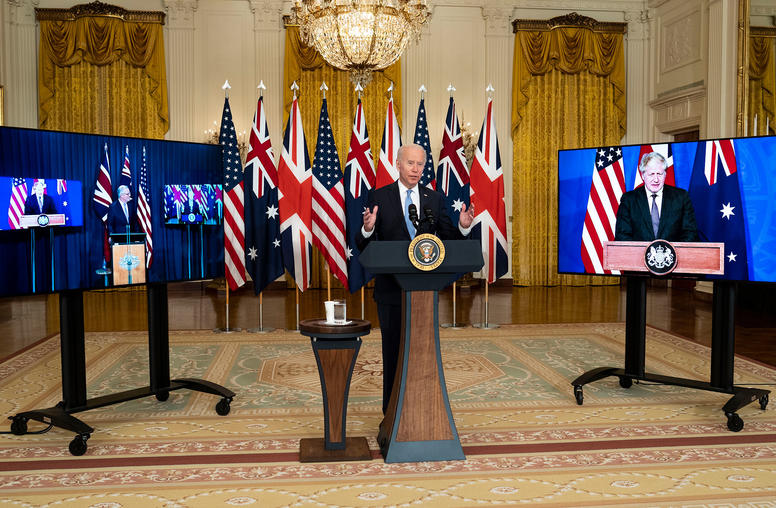
Why the New U.S.-U.K.-Australia Partnership Is So Significant
The United States and the United Kingdom have made the rare decision to share nuclear submarine propulsion technology with Australia in a move seen aimed at China. In a joint statement on September 15, the leaders of the United States, the United Kingdom and Australia announced the formation of a trilateral partnership — AUKUS — that, among other things, seeks to “strengthen the ability of each to support our security and defense interests.” USIP’s Brian Harding, Carla Freeman, Mirna Galic, Henry Tugendhat and Rachel Vandenbrink discuss the significance of the decision and what to expect next.
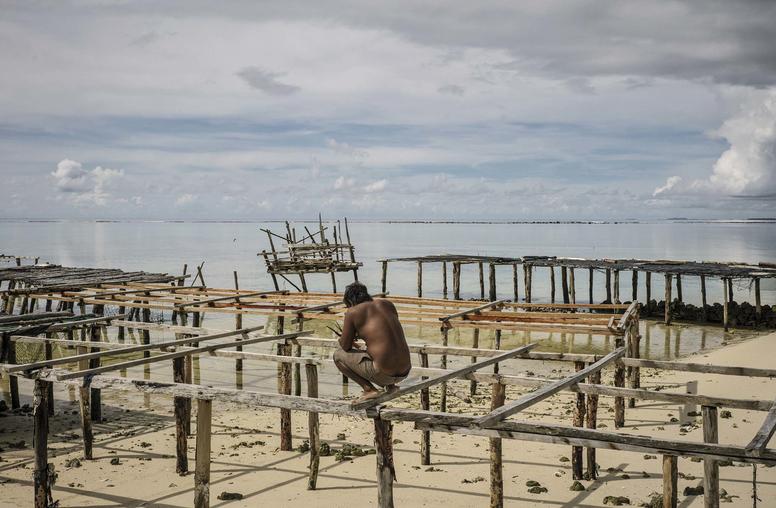
Climate, COVID and China Drive U.S.-Pacific Islands Engagement
The Pacific Islands Forum (PIF) held its 51st leaders meeting on August 6, with Fiji serving as virtual host. The PIF is comprised of 18 members, and the United States is among 18 PIF Dialogue Partners that participate in an annual post-forum dialogue. This year, President Joe Biden led the U.S. delegation and delivered his own address, a first for a U.S. president and a demonstration of the strategic importance of Pacific Island nations to U.S. priorities like climate change, COVID-19 and competition with China. USIP’s Jennifer Staats and Brian Harding discuss what PIF members and Washington want from each other and the major issues facing the region.

Brian Harding on Defense Secretary Austin’s Trip to Vietnam
While cooperation on war legacy issues topped the agenda during U.S. Defense Secretary Austin’s recent trip to Vietnam, USIP’s Brian Harding says the deepening U.S-Vietnam relationship is, in part, meant “to balance what they’re concerned about on [Vietnam’s] northern border” with China.
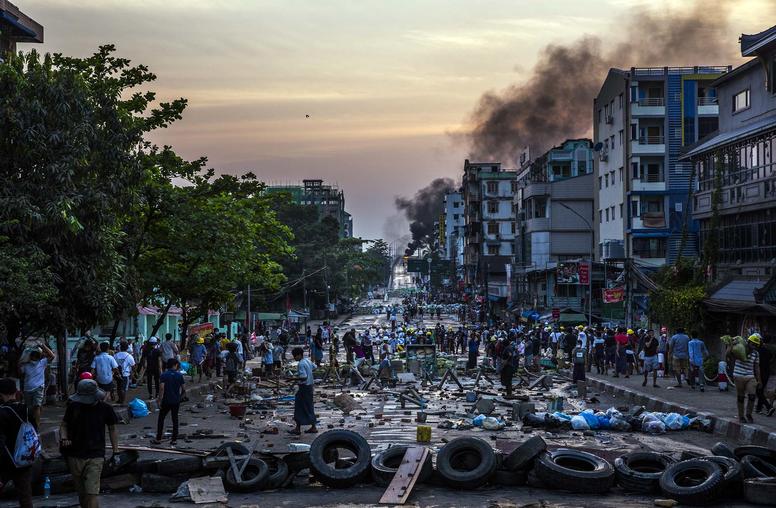
Myanmar Coup Weakens Southeast Asia Security and Cooperation
Southeast Asian governments have reacted to the coup in Myanmar in diverse ways that reflect divergent interests. Some, such as Singapore, have condemned the generals’ violence against anti-coup protesters. Others, including Vietnam, have strategic concerns behind their limited willingness to speak out. Cambodia may believe it benefits from the takeover as international attention shifts to Myanmar. They can all agree, though, that fallout from the coup is damaging the Association of Southeast Asian Nations (ASEAN) at a time when the broader regional order is in flux.
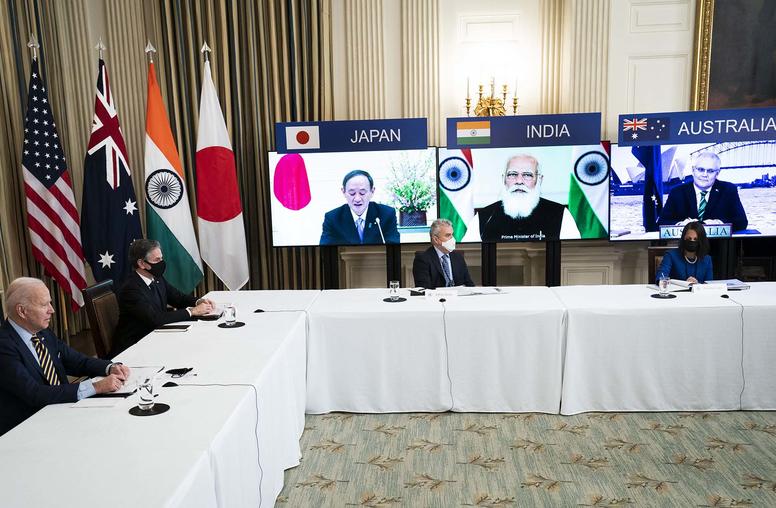
Austin, Blinken Affirm U.S. Commitment to Asian Allies
U.S. Secretary of State Antony J. Blinken and U.S. Defense Secretary Lloyd Austin are in Asia this week for their first official foreign trip. They held meetings in Japan and South Korea. Blinken returned to the United States via Alaska where he and U.S. National Security Advisor Jake Sullivan meet with their Chinese counterparts today, while Austin is in India. On March 12, President Joe Biden and the leaders of Australia, India and Japan participated in a virtual summit of the “Quad,” a strategic dialogue between the four countries aimed at ensuring an open, free and prosperous Indo-Pacific region.
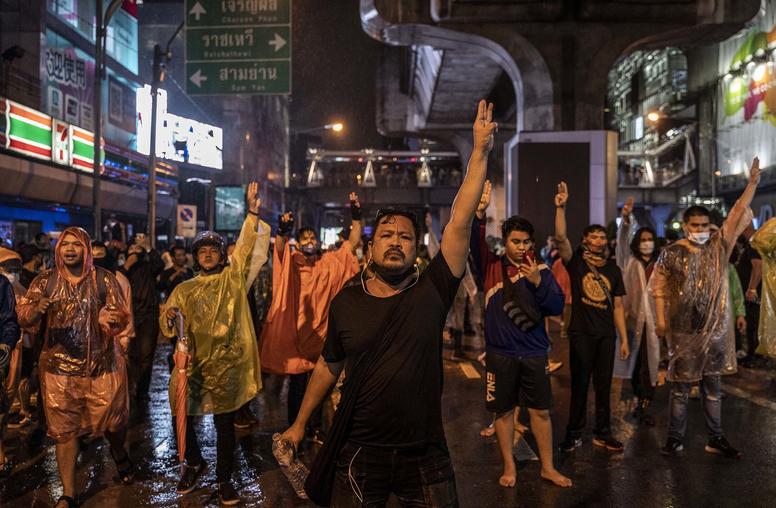
With TikTok and Harry Potter, Thai Youth Protesters Usher in New Era of Politics
In recent months a largely leaderless movement comprised of young people has ushered in a new phase in Thailand’s political struggle, successfully putting the government and monarchy on the back foot.
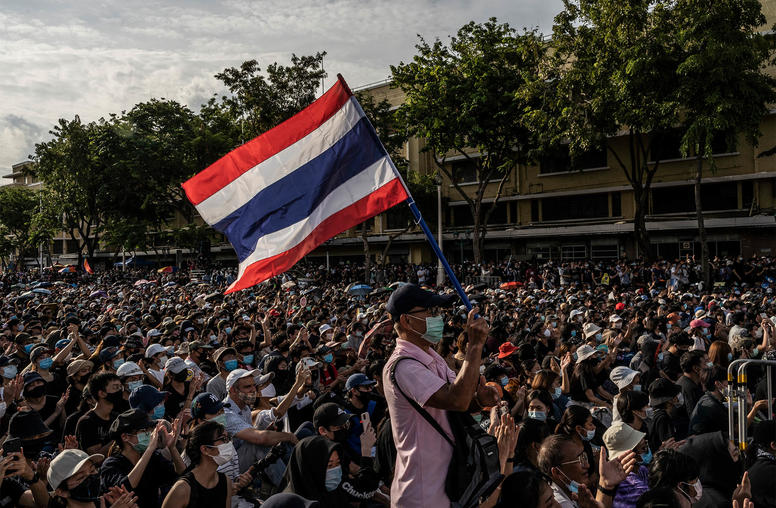
Thailand’s Political Protests Wade into Unprecedented Territory
Thailand’s recent protests have burgeoned into a powerful movement that is challenging the country’s longstanding social and political orders. Along with calls for democratic and constitutional reform, many Thai youth and activists have begun openly criticizing the monarchy’s role in public life—something that has long been unthinkable in a country where the monarchy plays a central role in society. USIP’s Brian Harding examines what sparked these unprecedented demonstrations, the resistance protesters have faced from Thailand’s powerful military and government, and where the movement might lead.
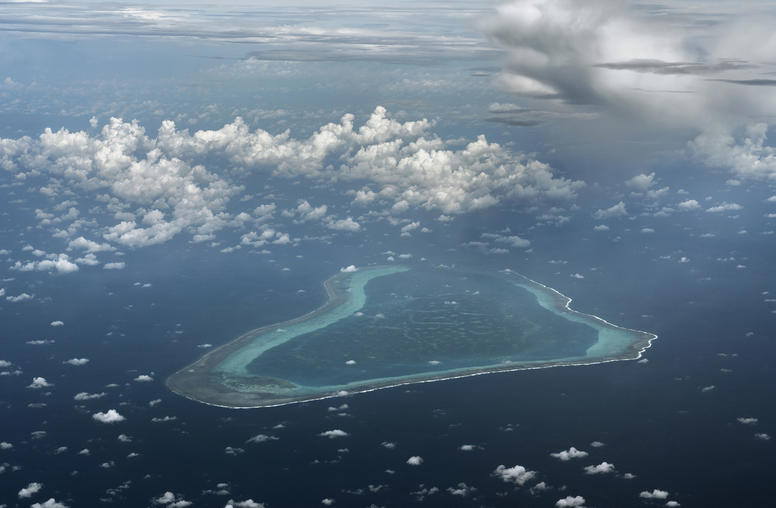
Tensions Rise as Washington Rejects Beijing’s Maritime Claims
Based on what Beijing calls “historic rights,” China claims vast swaths of the South China Sea, including waters and features also claimed by the Philippines, Vietnam, Malaysia, and Brunei. With no reference to international law, China’s “nine-dash-line” encompasses 80 percent of the South China Sea reaching as far south as more than 1,000 nautical miles from the China’s coast, within 50 nautical miles of Malaysia. Within these waters lie features occupied by China, the Philippines, Vietnam, Malaysia, and Taiwan, including three artificial islands that China built in 2012 and has since developed into military bases.